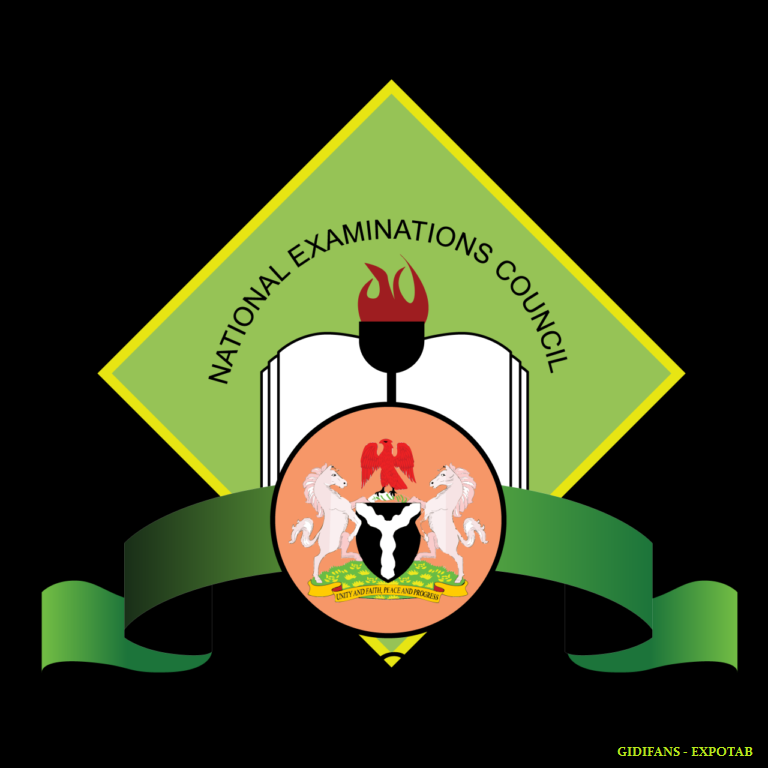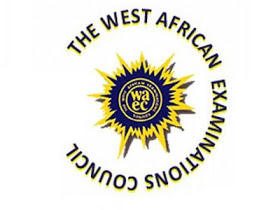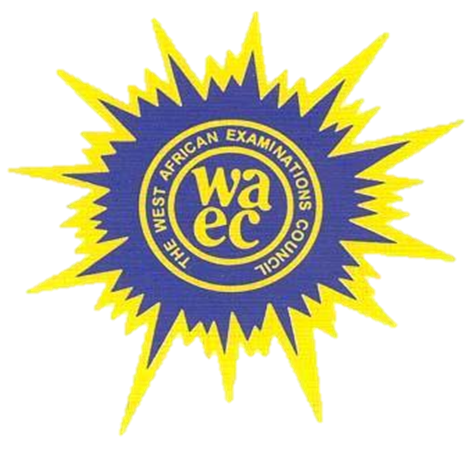NECO 2020 Civic Education Obj And Essay Answer – Oct/Nov Expo
WELCOME TO AYOSTUFFS BEST EXAM EVER=====================================KEEP REFRESH THIS PAGE IN EVERY 5MIN===================================
*NECO CIVIC EDUCATION ANSWERS*
CIVIC EDUCATION
1-10: ADDDBEABBA
11-20: CDDCEDCAAC
21-30: ACDEDCECDE
31-40: BDEDDCEEBD
41-50: EDAEEEEDEC
51-60: DCCDDCAAAC
===============================
*SECTION A*
_(Answer ONLY TWO Questions From This Section)_
(1a)
UDHR stand for 'Universal Declaration of Human Rights'
(1b)
(i) Conduct investigation into cases of human rights violation: The declaration in Human Rights Defenders emphasises the check on human rights violation by outlining the obligation to conduct a "prompt and impartial investigation" or inquiry's whenever there's "reasonable ground" to believe that a violation has occurred. States have the obligation to conduct exhaustive and impartial investigation into allegations of human rights violation in order to identify and bring to justice the perpetrators.
(ii) Take all necessary measures to protect human rights defenders against violation, discrimination and retaliation: In carrying out their works, human rights defenders need to be assured of effective protection against violence, retaliation or discrimination. The increasing need for such protection has been illustrated by numerous attacks on human rights defenders in recent years.
(iii) Promote human rights through education and training: Human rights training and education are crucial for promoting a better understanding of human rights within a society. Under various human rights treaties states have a duty to adopt measures to promote human rights through teaching, education and training.
=======================================
(3a)
Representative democracy can be defined as the form of government where people run the government or exercise political power through their elected representatives. This form of government has replaced direct democracy in modern states because it is no longer convenient for everybody to gather in one place inorder to take decisions.
(3b)
(Choose Any Four)
(i) Clarification of issues: Political parties try to clarify issues and provide relevant information on candidates and current events there by encouraging the electorate to be more interested in governmental activities.
(ii) Serve as a link and unity: Political parties always serve as a link between the people and government. Political parties also unite the people on major issues affecting the state.
(iii) Accountability : Political parties enable the government to become accountable to the electorate through constructive criticism of the government in power.
(iv)Provision of organization and programmes: Political parties provide an organization for running the government. They also provide programmes which they hope to implement when voted in power.
(v) Provide political education, social welfare and humanitarian : Political parties provide political education through lecture, symposia, manifestos and other social programmes. They also provides social welfare and services for the people eg Job opportunities, award of scholarships etc
========================================
(4a)
(Choose Any four)
(i) Right to life
(ii) Right to freedom of expression and publication
(iii) Right to freedom of personal liberty
(iv) Right to petition
(v) Right to seek redress or legal remedy.
(4b)
(i)Right to vote: The right to vote is universal and equal, meaning that it is the right of every citizen that has reached 18 years of age to vote and be elected regardless of class, ethnic, racial, economic or other affiliation. The law may determine under what conditions aliens also have voting rights.
(ii) Right to criticize the government: This is based on the right of the individual speech, publication and membership of association. In a democratic setting, individuals are encouraged to criticize the government constructively, contributing in the decision making of the country.
(iii) Right to Hold Public Office: Citizens also have the right to hold public offices after getting elected as representatives of the people. While fixing qualifications, no discrimination is made and proper care is taken that only competent persons may get elected.
(iv) Right to get elected: In a democratic state every citizen is also given the right to get elected to any public office. He can get elected to a legislature, or municipal corporation/ municipal committee or panchayat and work as its member. Some qualifications are however fixed for seeking election.
===================================
*SECTION B*
_(Answer ONLY TWO Questions From This Section)_
(5a)
Rule of law is defined as the absolute supremacy of the law over everyone, both the leaders, the led and all proceedings in a state. It involves coordinating all social interactions, regulating peoples life and property, practicing the art of governance and civil conducts through the provisions of law
(5b)
(i) Promotes the freedom of the judiciary: One of the advantages of Rule of Law is that it promotes the freedom of the Judiciary. One feature of the modern definition of Rule of Law is the guarantee of the freedom of the judiciary. This means that wherever the Rule of Law operates in the real modern sense of the word, the freedom of the judiciary is enhanced.
(ii) Preserves the constitution: Another advantage of the operation of Rule of Law is that it helps to preserve the constitution of the land. The constitution is ultimately the law of the land and Rule of Law ensures the certainty of the law. This being so, as the Rule of Law operates, the constitution is also preserved.
(iii) Enhances the freedom of the individual: Where Rule of Law operates, governments are expected to allow the expression of divergent views in the society. The government is also expected to ensure the freedom of the mass media, which includes the radio, television, newspapers and lately the news portals and social media.
(iv) Promotes qualitative life: Where Rule of Law operates to the letter, the quality of life of the citizens is greatly enhanced. This is because the modern definition of Rule of Law encourages the creation of the social conditions that would make it possible for the citizens to enjoy the social order. Once this is achieved, the quality of life of the individual would be enhanced.
=====================================
(7a)
(Choose Any three)
(i) Speed limit
(ii) No overtaking
(iii) Packing hall
(iv) One Way
(v) Back to Back load
(7b)
(Choose Any four)
(i) Over speeding: At high speed the vehicle needs greater distance to stop i.e. braking distance. The ability to judge the forthcoming events also gets reduced while driving at faster speed which causes error in judgment and finally a crash.
(ii) Bad roads: The failure of successive government in Nigeria to fix the death traps called roads in Nigeria has no doubt caused so much pain to temporary and frequent roads user's
(iii) Poor vehicle maintenance: Most of the vehicles are in bad shape and as a result of the bad maintenance cause so many accident in Nigeria.
(iv) Drunken driving: Consumption of alcohol decreases reaction time of a human body. Limbs take more to react to the instructions of brain. It hampers vision due to dizziness. It also dampens fear and incite humans to take risks. All these factors while driving causes accidents.
(v) Distraction to Driver: Distraction while driving could be minor but it can cause major accidents. Distractions could be outside or inside the vehicle. The major distraction now a days is talking on mobile phone while driving.
========================================
(8a)
Values Can be defined as the normal principles and standard which guide our interaction with people in the society. Value has major influence on person's behaviours and attitude, and it serves as a broad guideline in all situations.
(8b)
(i) Discipline: Discipline is the ability to obey rules and regulations of the place where one lives or work, and being able to do so without being forced by anyone. It is also ability of an individual to control his or her own behaviours. A disciplined person always perseveres and always respect legitimate authority.
(ii) Contentment: Contentment can be defined as a state of being happy and satisfied with whatever one has. Contentment is a virtue or quality which every individual in a society should possess. A contented person does not necessarily have to be rich but he or she is always satisfied with what he or she has.
(iii) Honesty: Honesty can be defined as a state of being truthful and straightforward in whatever we are doing. Someone who is honest is always willing to tell the truth and ready to die for the truth. An honest person must not cheat or steal from others. This is the act of speaking truth always. An honest person is a reliable person.
(iv) Integrity: Integrity is the ability to stick to sound moral principles at all times. Integrity is one of the important qualities an individual must possess in a society. Every society needs people of integrity because they provide moral strength for the development of the society. A person of integrity will always stand by what is right and will never change his position, no matter the situation
=========================
Ayostuffs.blogspot.Com send all exam expo answer earlier than
others
============================




Comments
Post a Comment